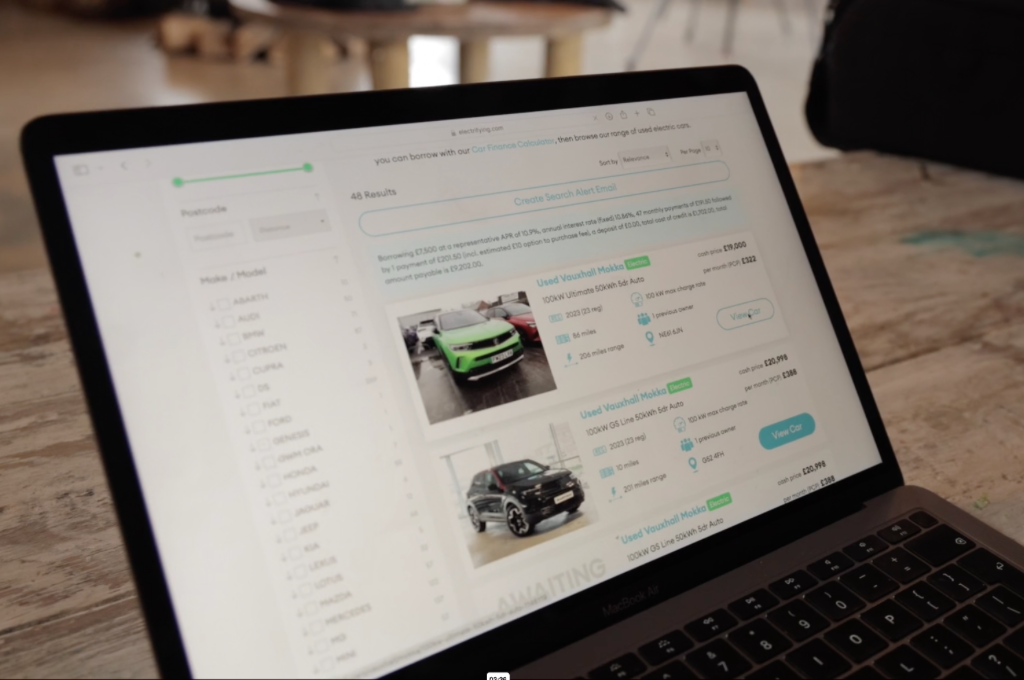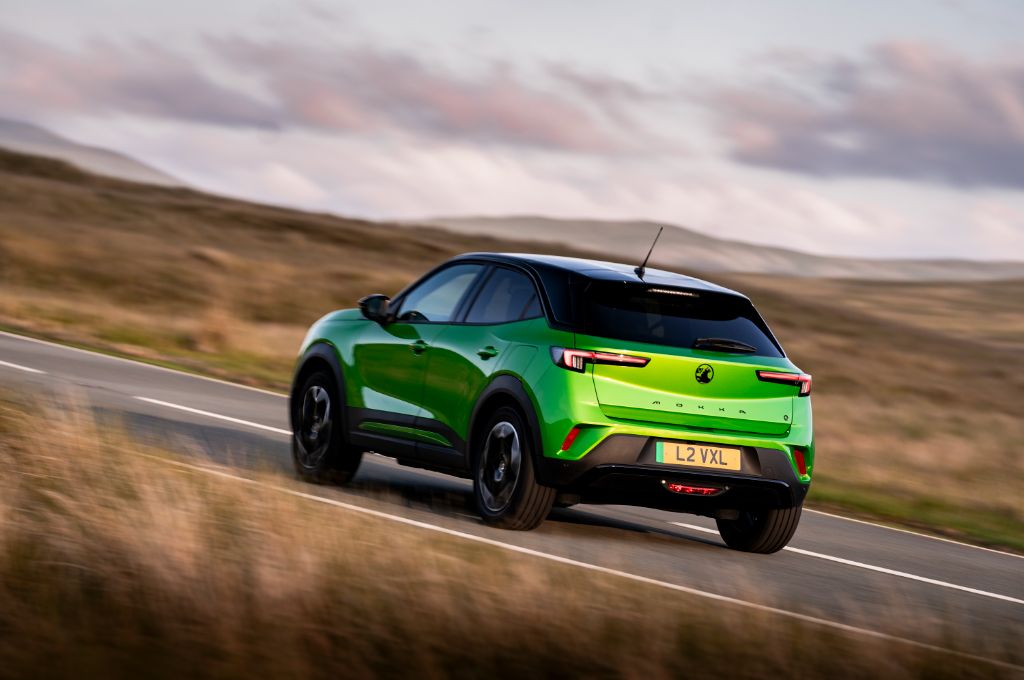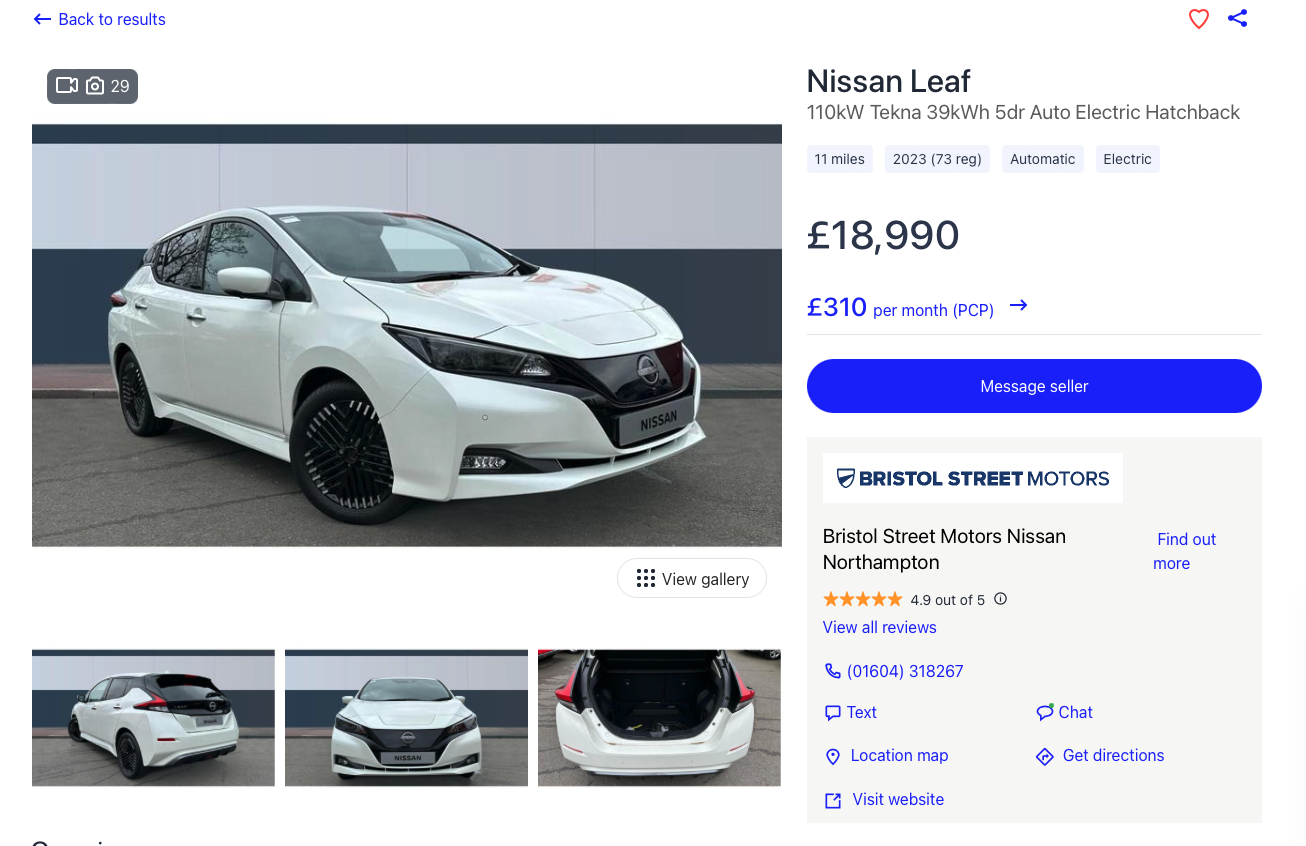Looking for a new electric car? The chances are you’re being offered some very attractive deals to help buy a new 24-plate car, but we’ve discovered a hack which will you can pay more than £100 less per month and get to keep the car at the end of the agreement - essentially meaning you get it for free compared to taking the manufacturer’s finance.
This is possible because of the crazy turn around in the car market, which is especially affecting EVs. Heavy depreciation on some models means some cars with fewer than 100 miles on the clock are being advertised at prices below the total cost of the finance repayments on a new car.
Currently the most popular form of finance agreement is a PCP – which stands for Personal Contract Purchase. This means buyers don’t pay for the entire value of the car, and only cover the depreciation. This keeps monthly payments low compared to traditional ways of financing a car, like hire purchase.
At the end of the PCP agreement you can pay off the remaining amount of the car’s value and own it, or you can just hand the car back and walk away with no further commitment.
Please bear in mind we are not financial advisors and you need to do your own sums. But hopefully this will inspire you to save some cash.

Using a Vauxhall Mokka Electric Ultimate as an example, Vauxhall will currently (in mid March 2024) give a £8,000 deposit contribution to help with the purchase using its finance, which looks like a great deal. If you add £2,071 by trading in your old car or using savings as a deposit, it will mean you pay £379 per month over five years to cover the rest of the depreciation. After that you can hand it back or pay the £11,408 balloon to keep the car forever. You’ll be limited to 6,000 miles a year or have to pay penalties.
But if you are happy to put up with last year’s registration number then you can save £3,166 - and keep the car at the end of the finance payments.
There are currently more than 200 Mokka Electrics which are less than a year old advertised. As an example, an Ultimate model currently advertised by a Vauxhall dealer has just 86 miles on the clock and is £19,000, before you start haggling.
Using an identical deposit of £2,071 and taking out a loan (we used Tesco Bank for this example, but please do your own research) over the same five-year period as the Vauxhall finance for the remaining £16,929 would result in monthly payments of £331.53 – that’s £47.47 less per month than the PCP. That adds up to a saving of £2,801, and there’s no balloon payment at the end so you get to keep the car with no further money owing. The owner will also not be restricted on miles or have to pay for any damage.

If you can afford £376.38 a month – still £2.62 a month less than the official PCP rate – you’ll be able to pay off and own the car in just 51 months, saving £3,166 versus the PCP option.
Although the Vauxhall is one of the highest first year depreciators, there are other examples of nearly new cars which are worth less than the cost of the finance on a brand-new model, including the Fiat 500e and Nissan LEAF. Other cars, such as the MG ZS, get close to parity.
Ginny Buckley, editor-in-chief of Electrifying.com said: “After a couple of years where demand was higher than supply, we now have a crazy situation where car makers are faced with too much stock and a need to move it on to hit sales targets. This means the market has been flooded and there are amazing deals on new and nearly new models.
“Car buyers should take a close look at the forecourt outside the dealer as well as the shiny car inside the showroom. You could find you can get the same car for thousands less and a finance agreement which lets you keep it at the end. That’s essentially like getting a free car.”












